Call Ed: Mom and Dad don’t know what’s best
KSD administrators banned 14 books in response to the signing of Missouri Senate Bill 775 once the bill went into effect Aug. 28, the third-most of any school district in St. Louis County, after Rockwood and Lindbergh.
Out of all the problems in our world right now — inequality, racism, healthcare, poverty, sexism, war — it seems American parents have found the paramount topic to complain about: books. The push to regulate books in public schools is not a new controversy, though recently, it has become a national hot topic. From 2020 to 2021, there was a 67% increase in attempts to ban books in school libraries, according to the American Library Association. The First Amendment Encyclopedia categorizes book banning as the most widespread form of censorship in the United States. Amidst parents advocating to take books off shelves, 88% (61/69) of TKC staffers believe parents shouldn’t have a say in regulating public school books.
Banning books… that seems a little extremist. Many wonder if it’s even legal to censor books in a public school, and the answer is hazy. The Supreme Court decided in Board of Education, Island Trees Union Free School District v. Pico (1982) that public schools can ban books that are “pervasively vulgar” or unfit for the curriculum, but they cannot remove books “simply because [schools] dislike the ideas contained in those books.” This decision set precedents but created a large gray area, which parents have stepped in to regulate.
Parents have repeatedly said sexual material in some library books is too explicit for high schoolers to read. But instead of protecting their children, they don’t realize that they are instead shielding them in a harmful way. Exposing students to sensitive topics prepares them for the real world, and many “graphic” books contain the realities teenagers face. While reading about sex may make some feel uncomfortable, this feeling is a normal part of life, and students need to learn early on how to embrace it instead of avoiding it.
Sex isn’t the only topic parents are afraid of their children reading about. If you look at the “Most Challenged Book List” by the American Library Association (ALA), there is a pattern of books being disputed over more when they contain topics like race and gender. “George” by Alex Gino has made the top 10 list for the past five years for “LGBTQIA+ content, conflicting with a religious viewpoint, and not reflecting ‘the values of our community,’” as stated by the ALA. In other words, parents have pushed to eradicate this book because the main character is transgender. By forbidding other perspectives, parents are detrimentally affecting their kids’ development. If you create a polarized environment, it’s impossible for students to learn about other points of view and think outside their own bubble. Most books are written for a purpose: to inform the reader and educate them on how to deal with real-life situations.
While parents have brought criticisms to more “mature” content in KHS library books, there has been no talk of banning books; rather, the discussion at hand is ensuring every book going into the library follows the set policies. As outlined in Regulation IIAC-R1, there are certain objectives for the selection of library materials, with the general criteria being: “Material should have permanent or timely values, information should be accurate, material should be presented in a clear manner, material should be authoritative [and] material should have significance.” According to Policy IIAC, district librarians, teachers and administrators are in charge of “recommending and selecting materials for the district, in accordance with state and district guidelines.” The issue is that some parents find this book selection process unclear and to have “gaps” in it.
While outlawing books isn’t a current KSD issue, our neighbors in Wentzville are part of the national trend. After banning “The Bluest Eye” by Toni Morrison, the Wentzville School District was sued by the American Civil Liberties Union of Missouri on behalf of two Wentzville students. Parents pushed to ban the book because of its “explicit descriptions of sex, violence, rape and incest.” Wentzville has also temporarily removed several books while they are being reviewed. After being sued, Wentzville un-banned “The Bluest Eye,” but this best-case scenario isn’t always the norm for other schools.
If we let parents start to ban and regulate books at our schools, where would it end? If a line is never drawn, parents could then have a say on every single part of students’ curriculum. TKC acknowledges parents’ rights to their child’s education. There is nothing wrong with voicing your thoughts, but keep in mind that each person has a different opinion on what they deem “offensive.” So if you’re a parent who doesn’t want your child to read a certain book, make that a personal choice. It’s wrong to make that choice for every family in the district. Not to mention, banning a book in a school library won’t stop a child from reading it — they could turn to other, less reliable places to learn information, such as the internet.
In order to promote transparency instead of outrightly banning books, TKC suggests a number of solutions: Disclaimers at the beginning of every controversial book to warn readers of certain content within. School libraries sending out a list of a student’s checked-out books per parents’ request.
American parents, we urge you to let librarians do their jobs. They are paid experts, so they know a thing or two about literature for students. Instead of causing an uproar, simply talk to your kid about what they’re reading and have a family discussion. Books all have meaningful messages to convey to their readers — don’t silence them.
Your donation will support the student journalists of Kirkwood High School. Your contribution will allow us to purchase equipment and cover our annual website hosting costs.
This is the opinion of the entire Kirkwood Call staff.
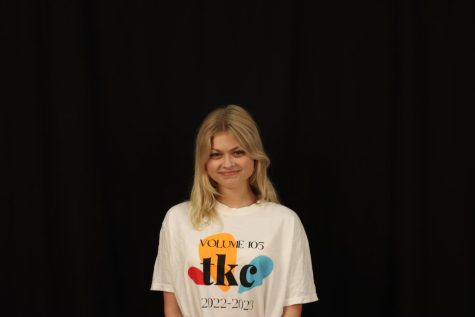
She/Her
Hobbies and Interests: font enthusiast, thrift shop god, dog enjoyer
Favorite song: What is Life by George Harrison
Favorite Quote:



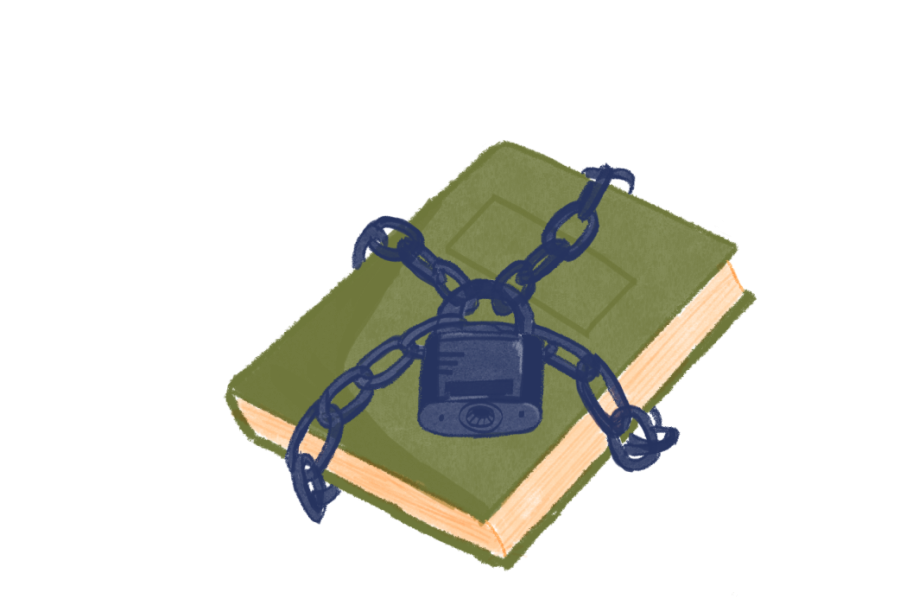
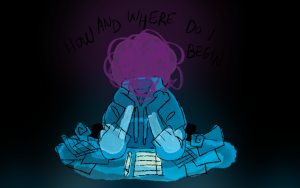
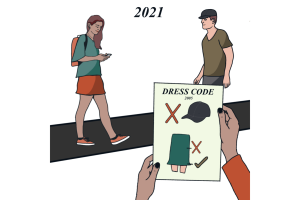
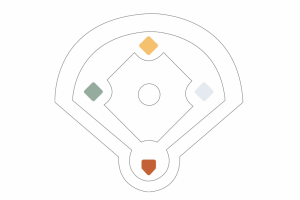


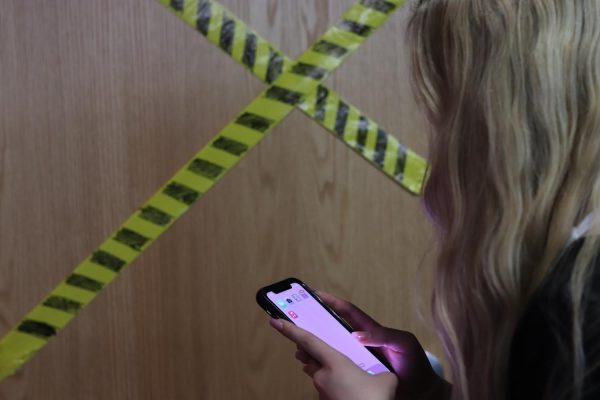

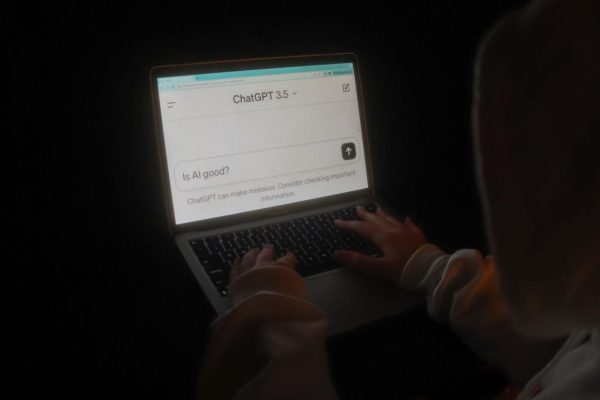

Michelle Woepke-Fleig • Mar 30, 2022 at 6:03 pm
Spot on! Thank you for speaking up. If the students of today don’t stand up … what will public schools be like for the kids of tomorrow?